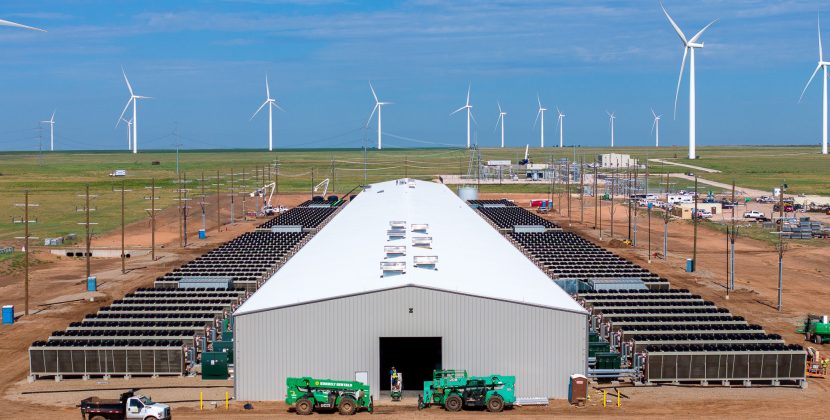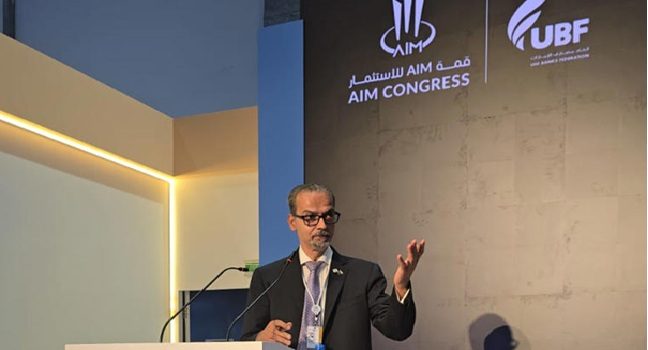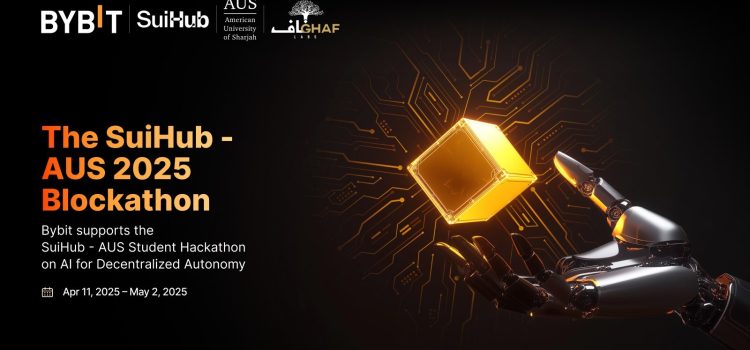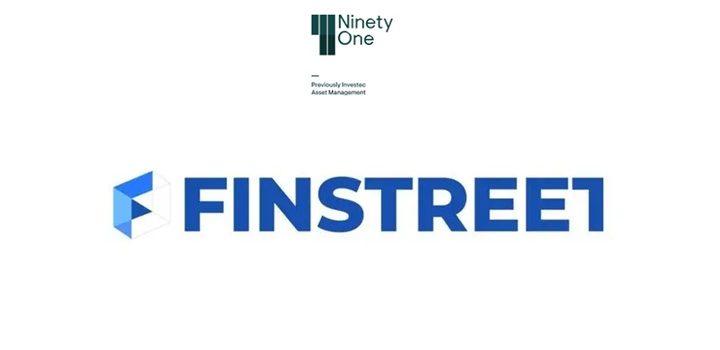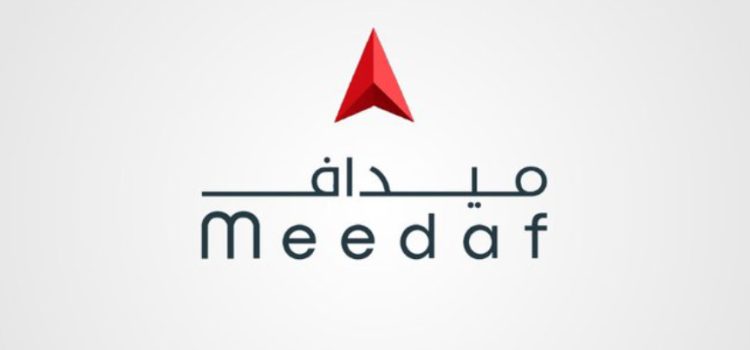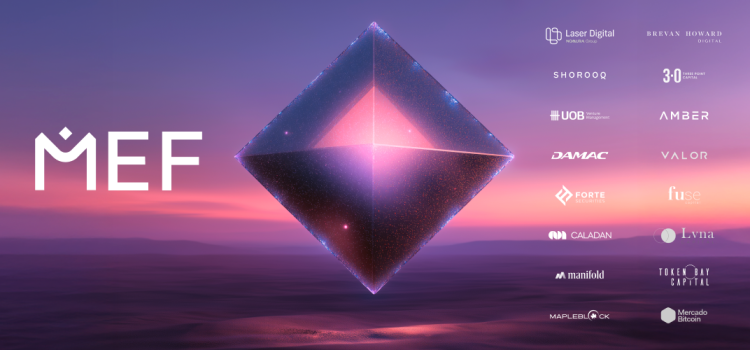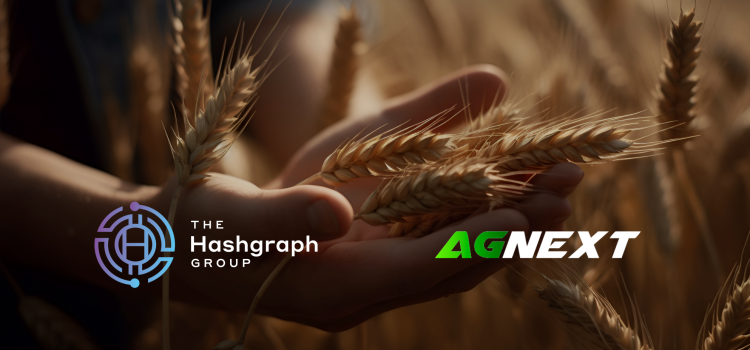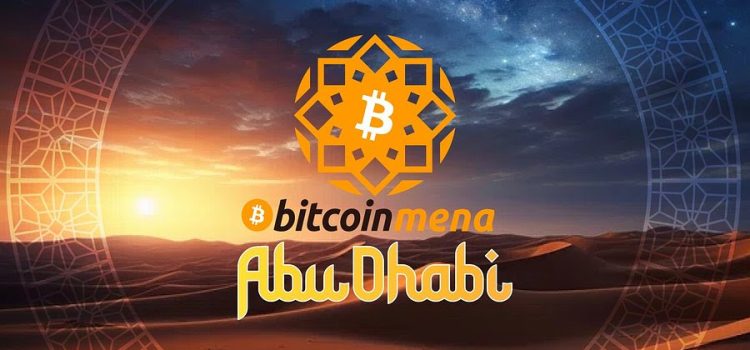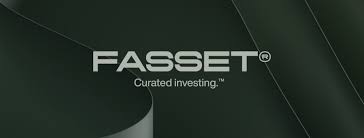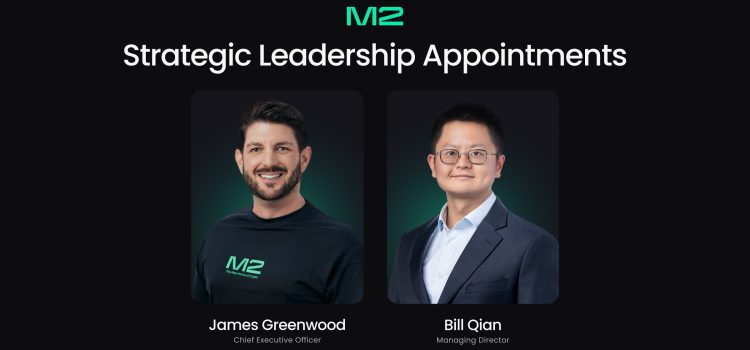
The UAE Banks Federation (UBF), during the 14th edition of the AIM Congress in Abu Dhabi, emphasized the importance of continuing initiatives and efforts to advance smart banking services to build a digital economy characterized by prosperity, resilience, financial inclusion, transparency, diversification, and sustainability where UAE GDP will reach 20% by 2031. They also noted that UAE Banks are continuing to invest in technologies such as AI, Blockchain, data analytics and cloud computing.
The AIM Investment Summit, taking place from April 7 to 9, 2025, under the theme “The New Wave of a Globalized Investment Landscape: Towards a New Balanced World Structure,” hosts heads of state, more than 60 ministers and central bank governors, 30 city mayors, 1,250 speakers, 16 heads of stock markets, 600 exhibitors, and over 20,000 participants from 180 countries—highlighting its status as a leading global investment platform.
In his keynote speech at the “Future of Finance” session, which featured senior officials and experts from the banking, finance, and technology sectors, Mr. Jamal Saleh, Director General of UBF, said, “The banking sector is distinguished by its progressive approach in adopting and developing advanced technologies to deliver seamless and secure banking services to customers. The proactive role of the Central Bank of the UAE fosters innovation to meet the evolving needs of diverse customer segments and keep pace with rapid advancements in fintech, while ensuring optimal conditions for protecting digital infrastructure and cybersecurity.”
He added: “Guided by the visionary leadership of the UAE, the country is redefining innovation and ambition across various fields, spearheading digital transformation and smart services. The UAE Digital Strategy aims to double the digital economy’s contribution to the GDP, from 9.7% to over 20% by 2031, underscoring the commitment to strengthening its leading status as a global center for finance, investment, and trade.”
He noted that UAE bank investments in technology infrastructure and digital channels has increased the adoption of digital services with now more than 95% of all transactions conducted digitally.
He also added that UAE banking sector is at the forefront of these efforts by deploying blockchain, artificial intelligence, data analytics, and cloud computing to provide better services, enhance operational excellence, and improve risk management and regulatory compliance.

